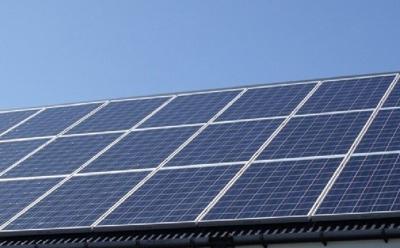MARYLAND - During Monday night's final session of 2019, the Clean Energy Jobs Act was passed by the house and senate in Maryland.
The act aims to promote renewable energy projects in Maryland, but also increase jobs in that field. Although the act awaits Governor Hogan's signature in order to become law, neighbors in Princess Anne don't know how the act will prove its effectiveness.
Chris Widdowson is joined by others along West Post Road in opposition for a solar farm going near their homes.
"When we've looked at some of the others, they've had to connect into substations. We don't have a substation near us so I don't know where this is going," Widdowson said.
Others, like Karen Briddell, don't support the renewable energy projects popping up in residential areas rather than industrial zones.
"There's plenty of non-residential neighborhoods they could go. And it would make better sense, there's colleges or people could put them on their rooftops or parking garages," Briddell said.
But Widdowson says with the Clean Energy Jobs Act passing on Monday, she questions how the initiative will stimulate job growth past the installation of projects.
"They've told us that there won't be anyone on the site and it will be monitored remotely," Widdowson said.
But Eric Misbach with Nexamp Solar Energy Solutions says job creation is sustainable with each project brought to the Eastern Shore.
"We're hiring local contractors to do everything from mow the lawn to clean the panels and electricians to make sure it's operating smoothly for it's 25 year life," Misbach said.
Misbach adds that these state initiatives inspire businesses like Perdue and municipalities like Ocean City to also jump on board for the long term benefits.
"So as they save on electricity costs, they can spend more money on their operations and hire more people," Misbach said.
But at this point, Hogan will need to sign off on the Clean Energy Jobs Act before May 28th. If approved, the act will become law on October 1. But if vetoed, lawmakers will have to take it back up in January of 2020 during the next session.





